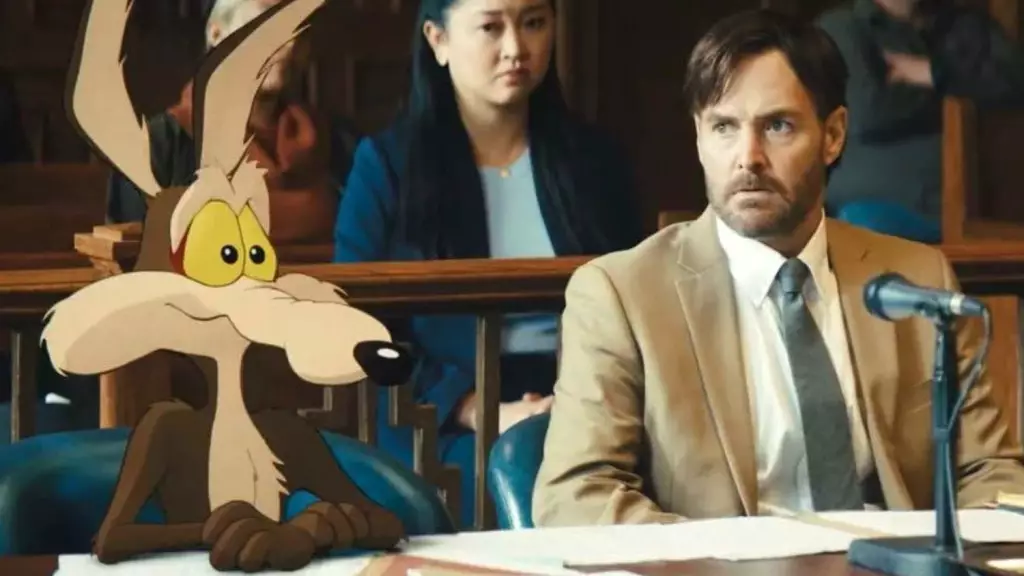The entertainment industry is often rife with stories of films that never see the light of day, but few have garnered as much heartbreak as Will Forte’s passion project, Coyote Vs. Acme. Over a year after Warner Bros. decided to shelve the film, Forte and his team are still grappling with the disappointment. This situation resonates not just within the cast and crew, but also among fans who were eagerly awaiting the film. Forte’s candid remarks reveal a story not just about a lost movie, but about creativity, hope, and the often unpredictable nature of the film industry.
Forte’s keen sense of attachment to the project is palpable. He expressed his frustrations in an interview with MovieWeb, emphasizing that Coyote Vs. Acme is a “delightful” film deserving of an audience. His forthrightness speaks volumes about the emotional toil placed on creative minds in Hollywood, where finished products don’t always find the light of day. The phrase “it makes my blood boil” captures his discontent, hinting at a broader sentiment shared by many artists who pour their hearts into projects only for them to be unceremoniously dropped.
Even months after its shelving, Forte’s advocacy for his film illustrates a crucial point about artistic integrity. He doesn’t merely view Coyote Vs. Acme as a professional endeavor, but as a labor of love. Forte admires his castmate, Lana Condor, highlighting her talent and contributions, which adds layers to the disappointment of its cancellation. It’s not just a film; it’s a collaboration that brought together individuals with a shared goal—only to have that vision thwarted.
The decision by Warner Bros. Discovery to not release Coyote Vs. Acme reflects a troubling trend in the industry. Films like Coyote Vs. Acme, Batgirl, and Scoob! Holiday Haunt have all faced similar fates, raising questions about why projects with significant investments are simply abandoned. With a staggering $30 million tax write-off attached to Coyote Vs. Acme, it seems that financial considerations often overshadow artistic merit.
Such decisions create a chilling atmosphere for filmmakers who may now think twice about pouring their creativity into projects they fear could meet the same fate. The case of Coyote Vs. Acme is emblematic of a larger systemic issue where profitability often trumps artistic endeavors, leaving a cloud of uncertainty hovering over the creative process.
Despite the disheartening situation, Forte remains hopeful. His words hint at a resilient spirit among creatives, one that seeks to keep the memory of their work alive. Films that are shelved often fade into obscurity, dismissed as failures; however, Forte’s insistence on discussing the film shows a desire for it to be remembered correctly. It’s a reminder of the value of stories and art, and perhaps, one day, Coyote Vs. Acme will find a way to showcase its charm to the world.
While the immediate future looks bleak for this Warner Bros. project, the resilience of its creators and advocates might just pave the way for unexpected opportunities. For now, Forte’s enthusiasm serves as a poignant reminder of what could have been, making the experience all the more bittersweet—a tragedy that encapsulates the trials and tribulations inherent in the film industry.


Leave a Reply